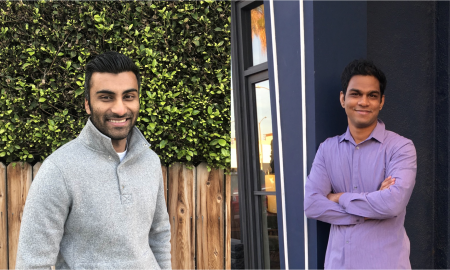

Today we’d like to introduce you to Jenna Chandler-Ward.
Jenna, let’s start with your story. We’d love to hear how you got started and how the journey has been so far.
I grew up in Charlottesville Virginia in the era just after desegregation. It was a racial mess at my school with many black students and all white teachers. I understood, even then, that I was given a different set of standards and expectations as a white student in that school.
I went on to be an educator in one form or another for over 20 years. Throughout that time my understanding of racism continued to expand. I came to recognize that racism is not about individual acts of prejudice, but about systematic and institutionalized power. Since education is the institution I know and understand, I wanted to figure out a way of helping more white educators to recognize the systems in place that advantage white students, teachers, and families. I want everyone to leave school every day with their dignity and full humanity intact.
I contacted a mentor and friend, Elizabeth Denevi to get her input on this crazy idea I had. We talked for four hours and at the end of the conversation, Teaching While White was born.
Great, so let’s dig a little deeper into the story – has it been an easy path overall and if not, what were the challenges you’ve had to overcome?
We started with the idea of a blog- and decided that a podcast would allow people to hear the emotion in people’s voices when they talk about race. The only problem was that we knew nothing about podcasting. We naively forged ahead. That is when we felt that this project was bigger than us. Through a bunch of stars aligning, we have managed to find some amazing talent to help us with the podcast- Kate Ellis is our phenomenal editor and Lyra Smith is our talented sound editor and mixer. We lucked out!
People are still reluctant to talk about race- specifically with an emphasis on naming and seeing whiteness. While the consulting we do is always in demand, funding the podcast and blog is a constant challenge. We have thousands of subscribers, but they are educators with not a lot of extra income. We are still looking for an ongoing sponsor- but we really believe in what we are contributing to the discussion of the impact of race on teaching and learning. We have some of the best writers in the field contributing to the blog (edited by the incomparable Michael Brosnon) and we also have articulate and thoughtful guests, including input from students, on the podcast. We are determined to keep going.
Teaching While White – what should we know? What do you guys do best? What sets you apart from the competition?
Often times when we talk about race in education, the focus is on how to help students of color “achieve.” But we believe that systems need to be fixed — not students. Schools were primarily designed by white people for white people, and so those norms still dominate the way schools work today. That means that whiteness and its norms and values are seen as normal and valuable. Everything is judged against a standard that reflects and affirms white people.
In the US, almost 84% of teachers are white, but less than 50% of students are white. This racial disparity might be acceptable if student experiences and outcomes based on race were equal. But they are not. For example, students of color, black students, in particular, are suspended or expelled three times more often than white students. Teaching While White is trying to explore all the different ways the whiteness is going unnamed -because there can be no true discussion or progress without acknowledging the impact that race plays on education. We are particularly interested in how teacher expectations affect students and how implicit bias might be playing out in classrooms across the county — despite best intentions.
We consult with schools, colleges, and universities to identify ways to make their schools more equitable. We also have a blog and podcast series for teachers that highlight issues of race in education.
What moment in your career do you look back most fondly on?
I think I feel most proud when we hear from teachers that we have caused them to rethink or reconsider something they have always believed to be true. I am also proud of our podcast. Our subscribers and expertise grow exponentially with each episode.
Contact Info:
- Website: www.teachingwhilewhite.org
- Facebook: Teaching While White
- Twitter: @tww_podblog
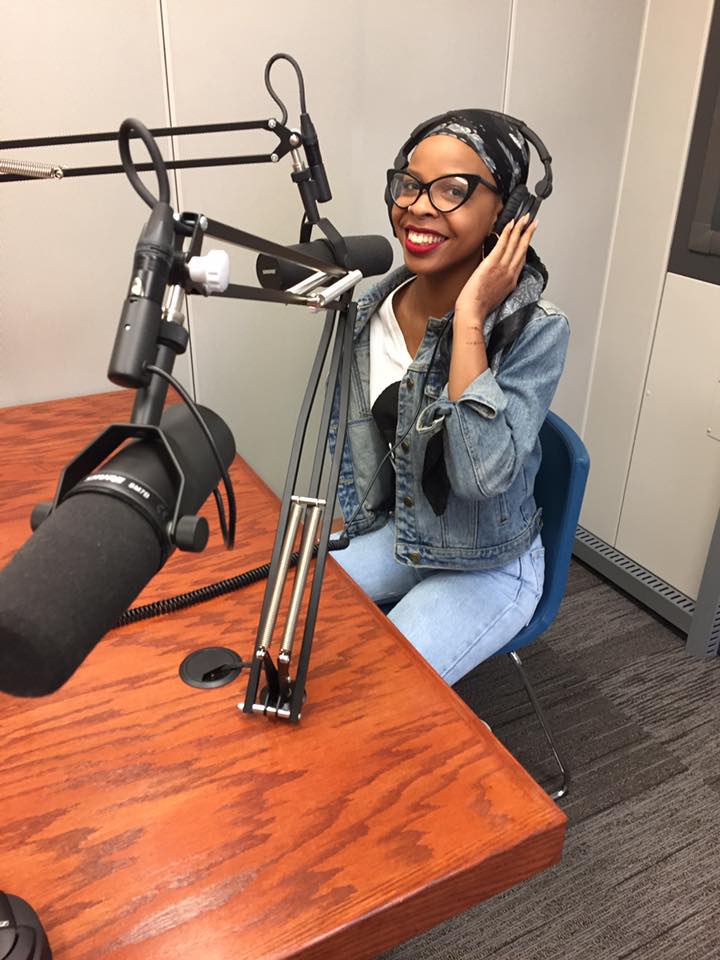

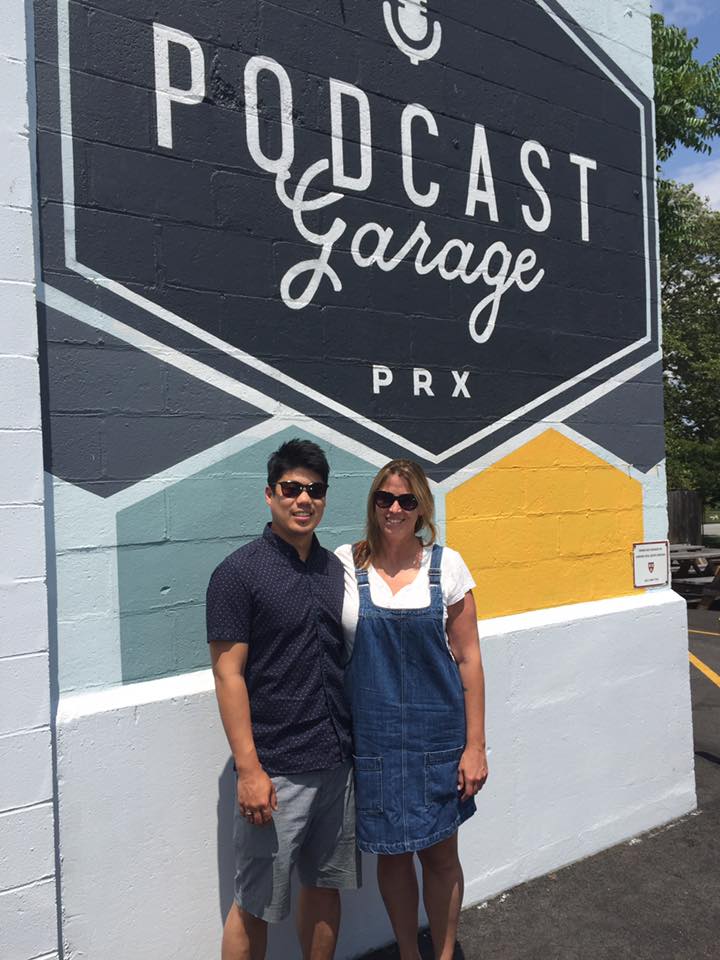

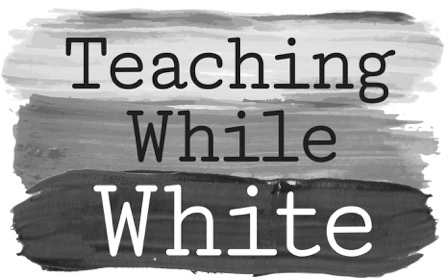
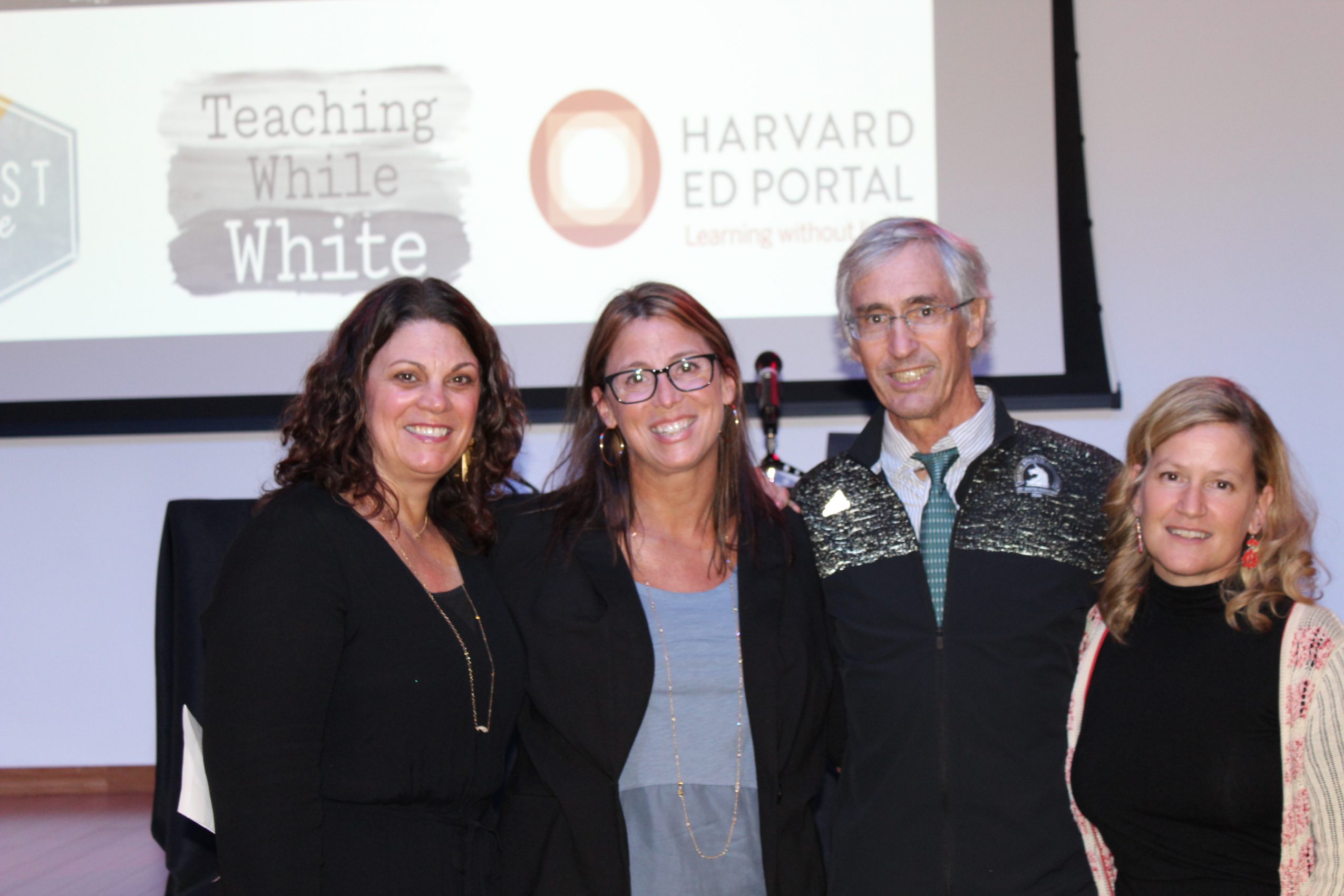
Image Credit:
Michelle Stanfield-Adams, Ashley Bradley
Getting in touch: BostonVoyager is built on recommendations from the community; it’s how we uncover hidden gems, so if you know someone who deserves recognition please let us know here.

















